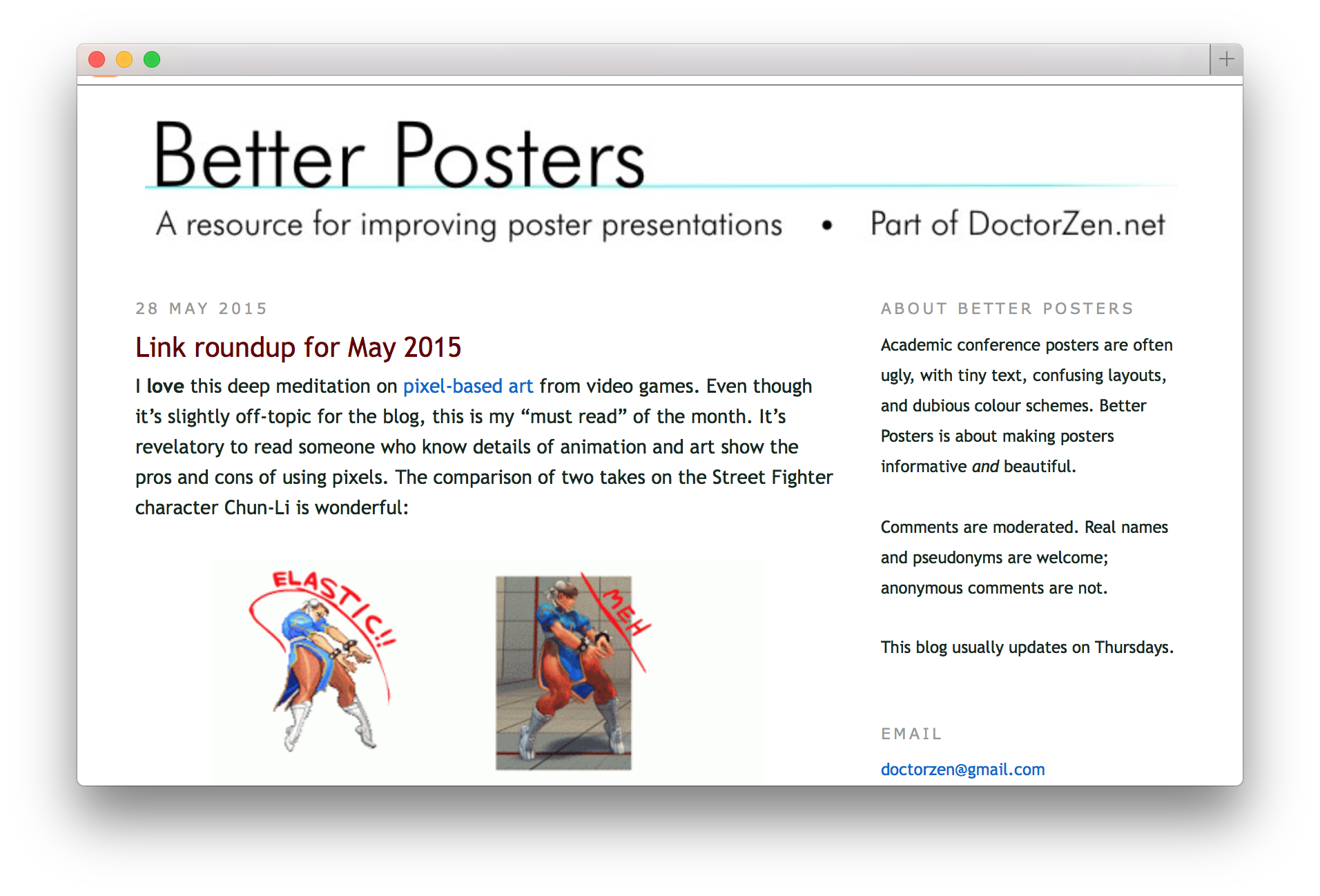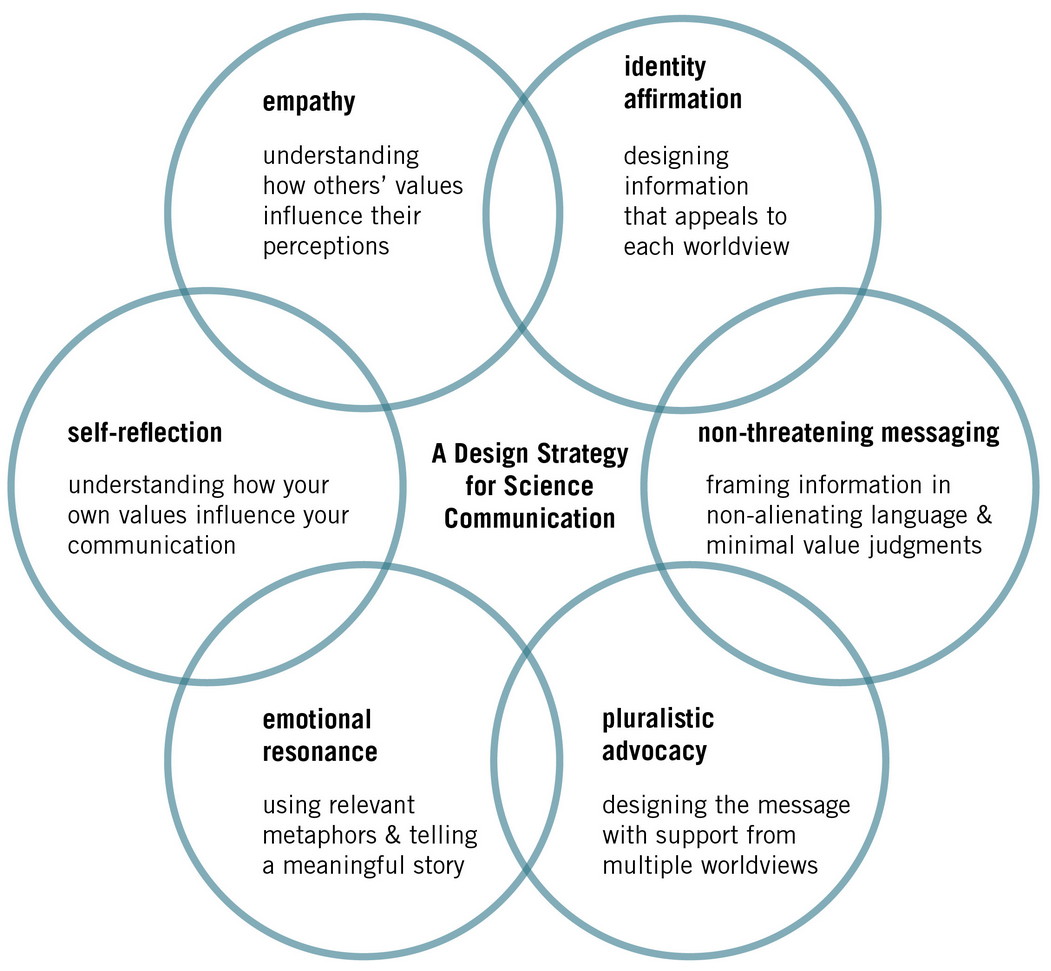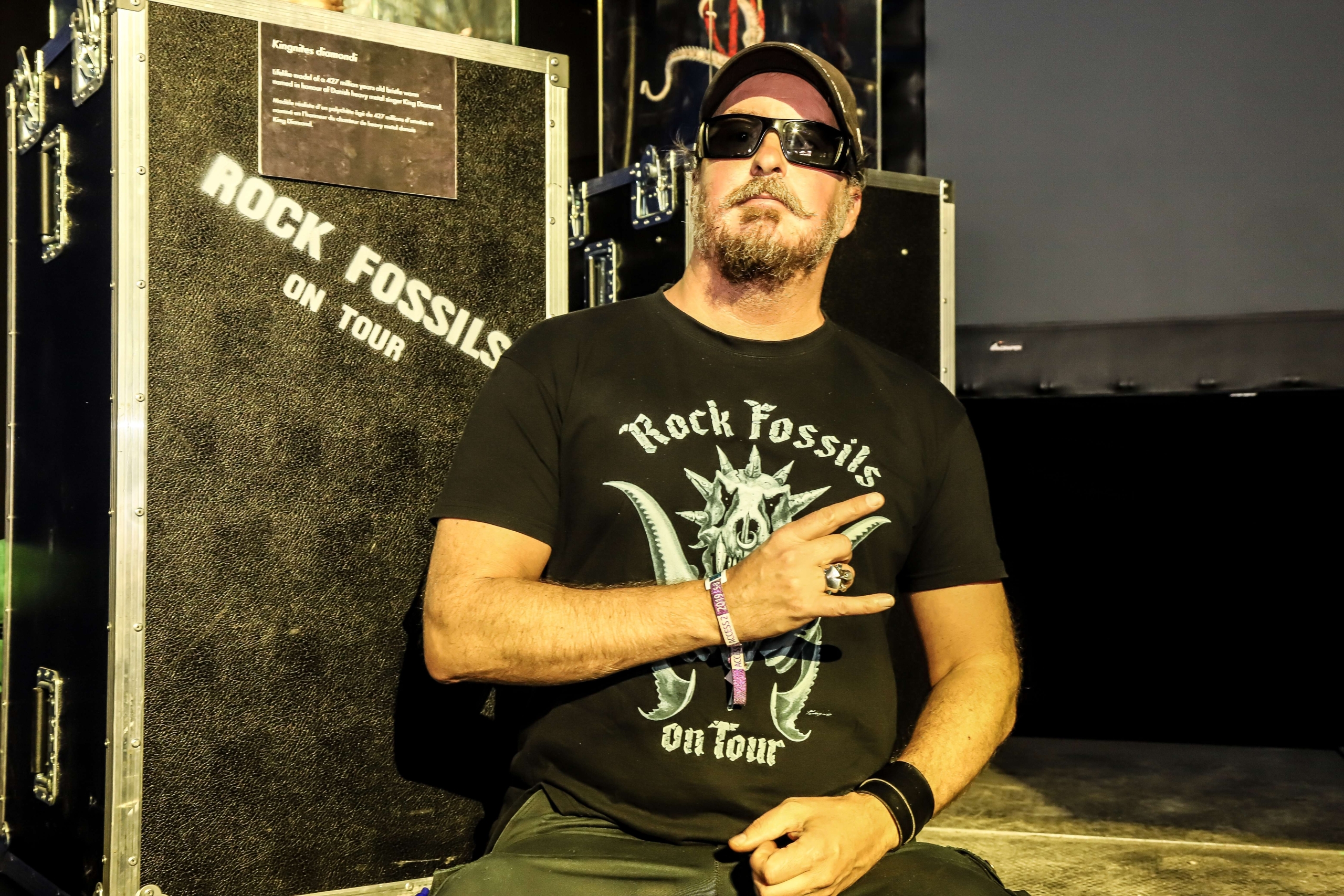Crastina is a platform for the exchange of experience, knowledge and inspiration regarding both scientific peer-to-peer communication and science dissemination
- What? An international network of (mostly young) people who love to communicate science & tech.
- Why? We think science needs to be communicated with more passion and professionalism.
- Where? On our website with interviews & resources + on social media + on Skype and IRL.
- Who? A content group (the Crew), a think tank (the Academy), + lots of friends & contacts.
- When? Right now – as a matter of fact, we’ve just geared up.

Turning Brain Drain into Brain Circulation (Joanna Bagniewska, June 2015)
For many years Poland has experienced human capital flight, or “brain drain”. But this process is slowly becoming balanced by ”returnees”. The networking and communication skills of young members of the Polish scientific diaspora has played a crucial role. Joanna Bagniewska, zoologist and science disseminator, explains how.

Zen Faulkes, Better Posters: “No frickin’ Comic Sans”
“[The blog] Better Posters is about making posters informative and beautiful”. Meet invertebrate neuroethologist Zen Faulkes at The University of Texas-Pan American.

Jennifer Briselli: “Help scientists approach science communication like designers”
”I want to help the science community communicate better.” So Jennifer Briselli, design strategist with a background in physics, education, rhetoric and design, started her two part article “Designing Science Communication” on medium.com.


















